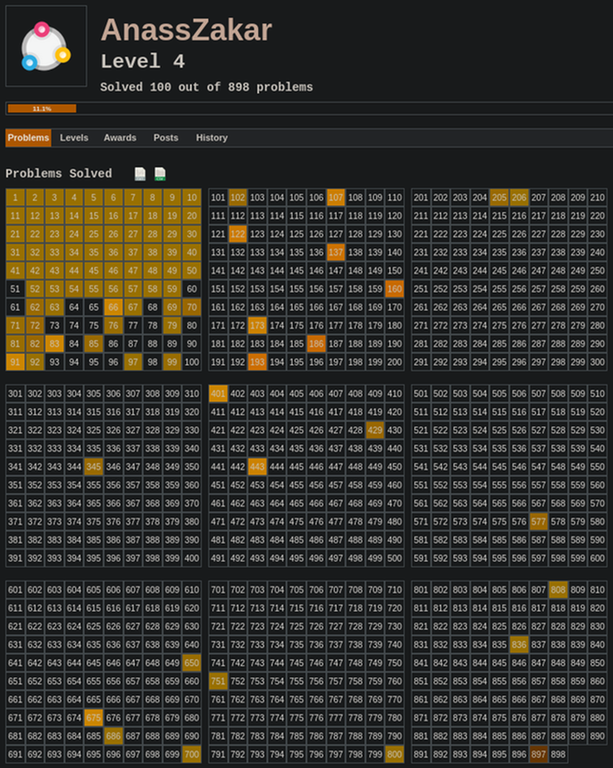i wanted to vc EGOI with FZ_Laabidi (totally needed to include this here) and couldn't find any OJ that have it although the testcases are public, are y'all aware of any OJ that have them?
all i could've find is oj.uz which only have 2024, thanks in advance!












